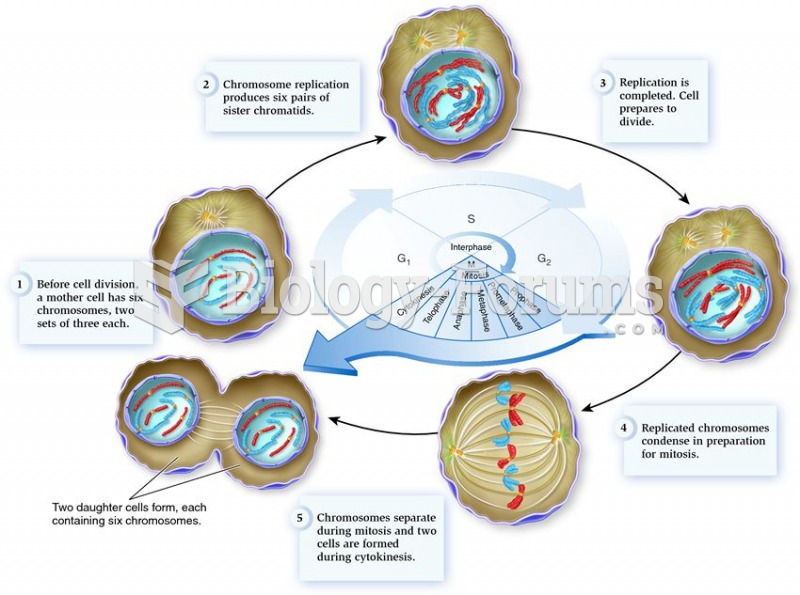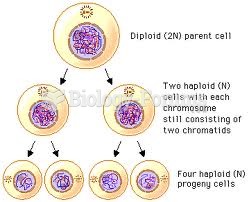This topic contains a solution. Click here to go to the answer
|
|
|
Did you know?
The human body's pharmacokinetics are quite varied. Our hair holds onto drugs longer than our urine, blood, or saliva. For example, alcohol can be detected in the hair for up to 90 days after it was consumed. The same is true for marijuana, cocaine, ecstasy, heroin, methamphetamine, and nicotine.
Did you know?
The training of an anesthesiologist typically requires four years of college, 4 years of medical school, 1 year of internship, and 3 years of residency.
Did you know?
Medication errors are more common among seriously ill patients than with those with minor conditions.
Did you know?
Vaccines prevent between 2.5 and 4 million deaths every year.
Did you know?
Blood is approximately twice as thick as water because of the cells and other components found in it.







